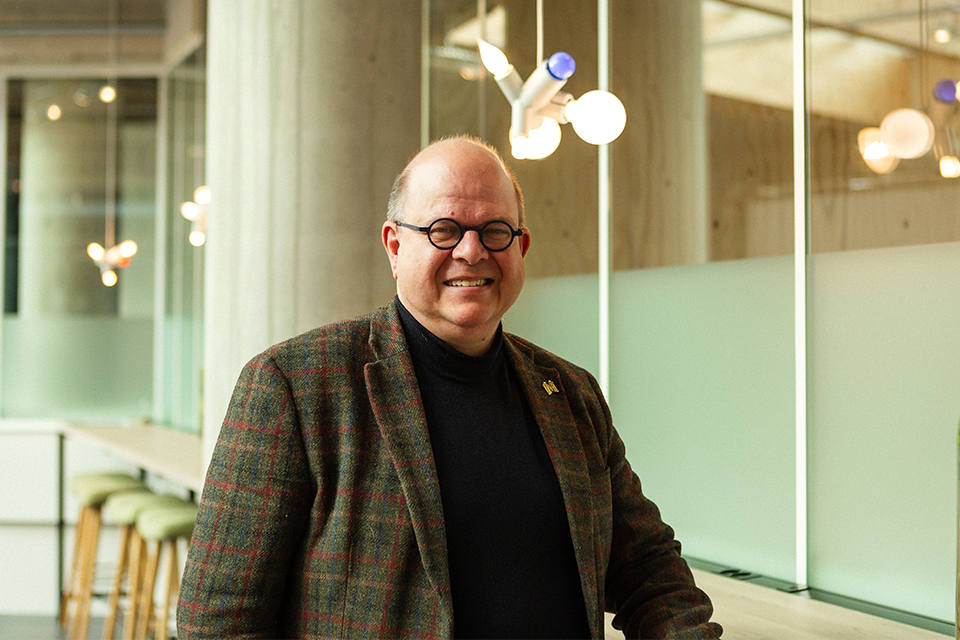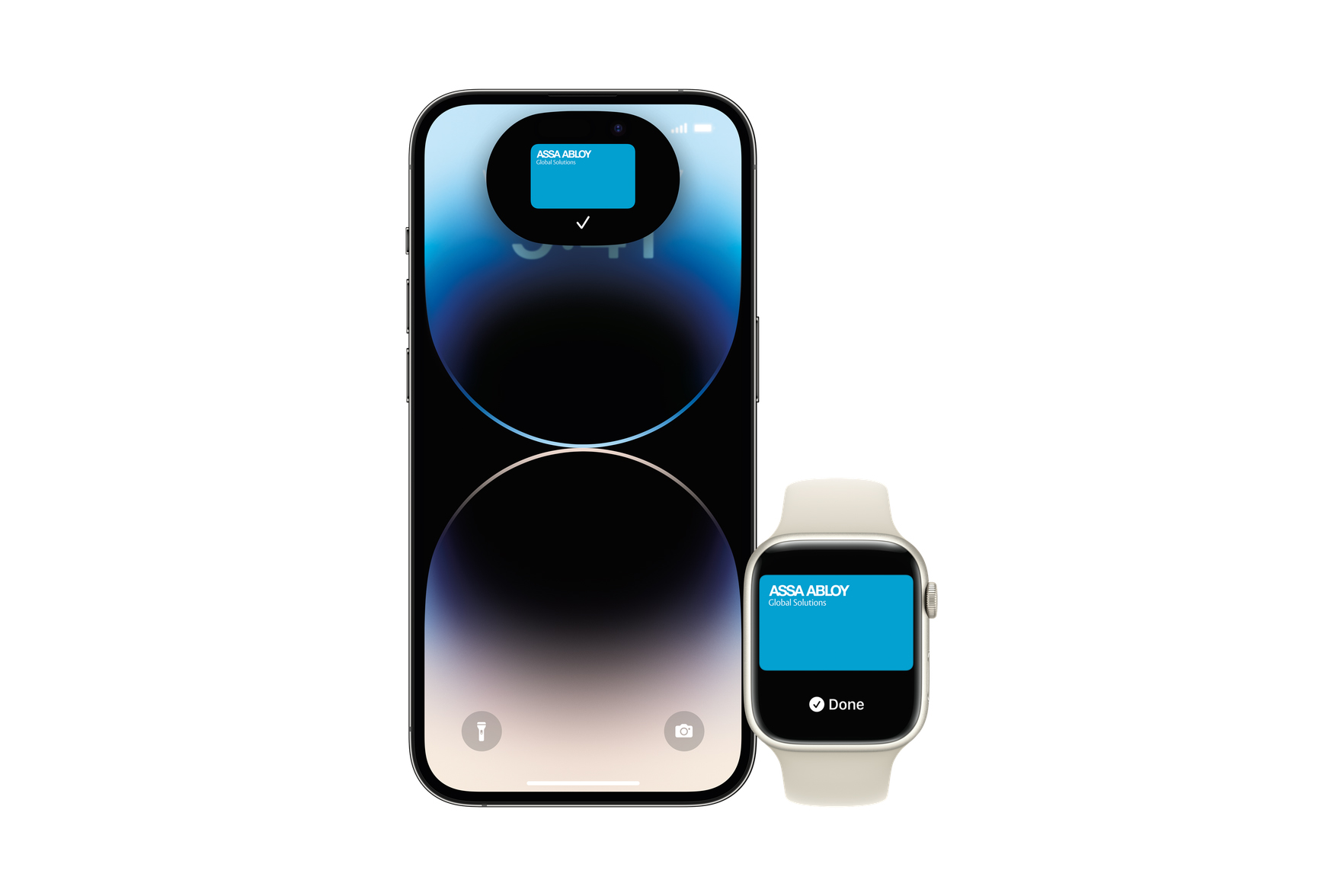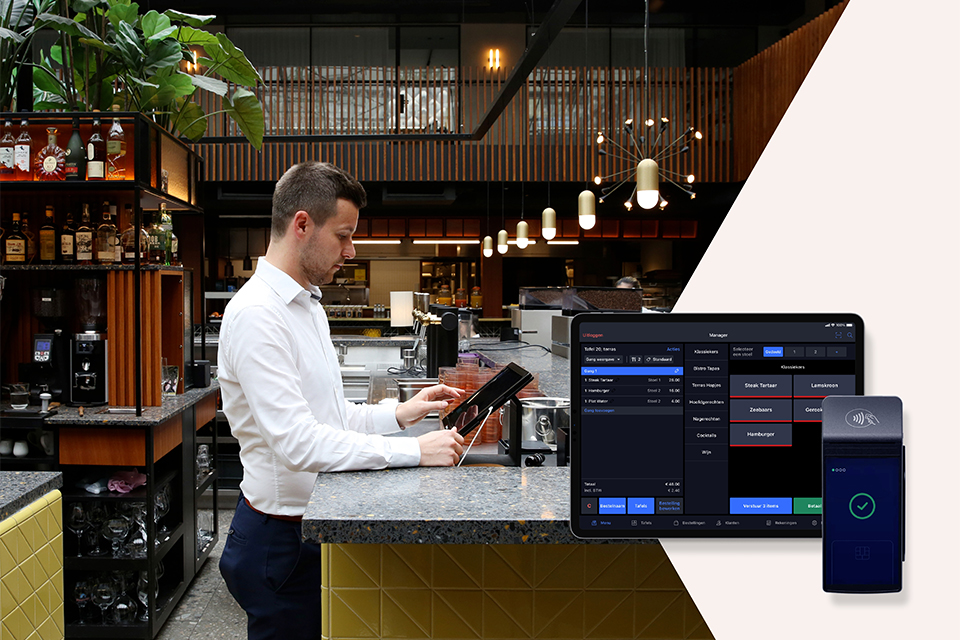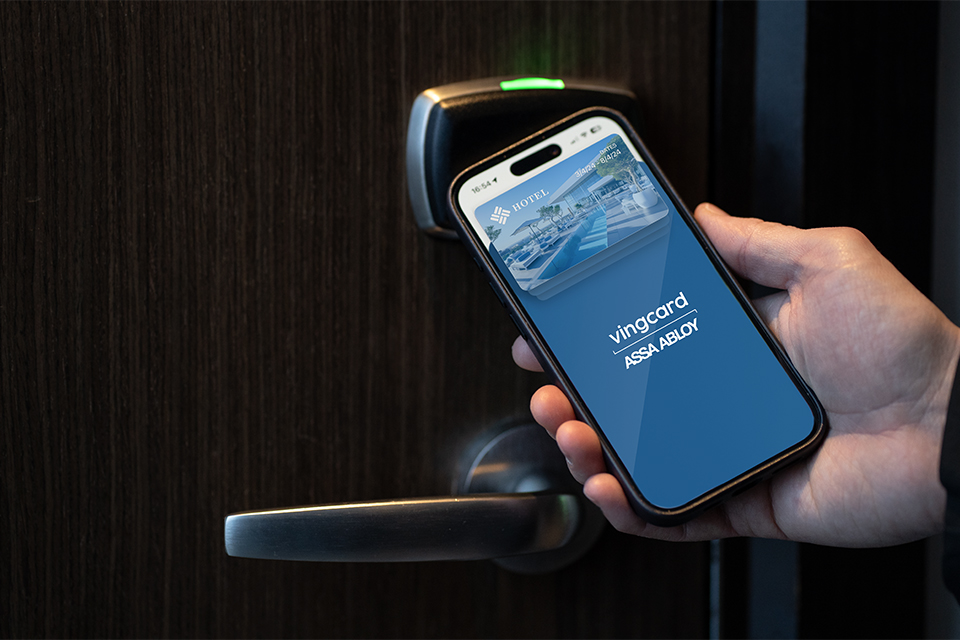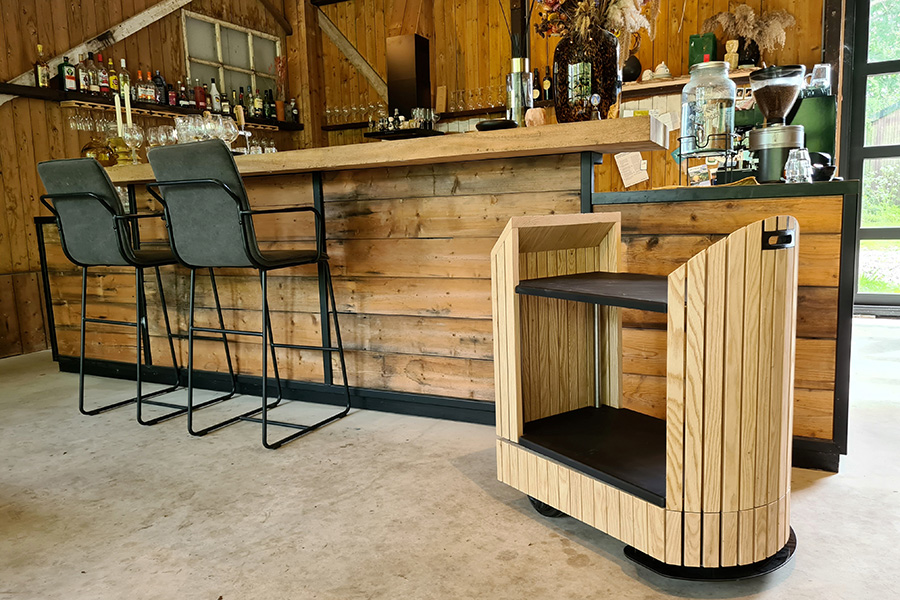
Closing the gap between man and machine
Researcher Hotelschool The Hague on robotisation
'The hotel industry, which is after all mostly known for its human interaction, is at a turning point,' argues Klaas Koerten, robotics researcher at Hotelschool The Hague. Koerten's practical research focuses on applying robots to improve working conditions in the hospitality industry. With a background in mechanical engineering and human-machine interactions at TU Delft, Koerten brings technical knowledge and a fresh perspective to the hospitality industry. Especially for Hotelvak, he shares his vision and some research findings.
Koerten's research focuses primarily on practical applications. "My interest used to lie solely in technology," he explains enthusiastically. "However, after my graduation project on human-machine interactions, I discovered that designing technological solutions is one thing, but tailoring them to the needs of the people who will use them is a completely different challenge. Hospitality robots will always be used in working environments where they have to operate alongside people. How these interactions are designed and how they affect a hospitality venue are really interesting topics to explore. The Hotelschool The Hague gives me the opportunity to conduct real experiments in a working environment." One of his projects focused on a restaurant robot, deployed in a setting as close to reality as possible. "Instead of asking respondents to fill in a survey based on a video of a robot, we invited them to lunch in our own restaurant," he explains. The aim was to observe and analyse the experiences of both guests and employees without colouring the results by unrealistic expectations. This experimental approach yielded valuable insights: robots can ease the workload in a hotel restaurant by automating repetitive tasks such as serving, for example. "We saw a decrease in the number of steps staff have to take and a reduction in physical effort. Employees noticed an increase in their workload after just one day without a robot," Koerten said.
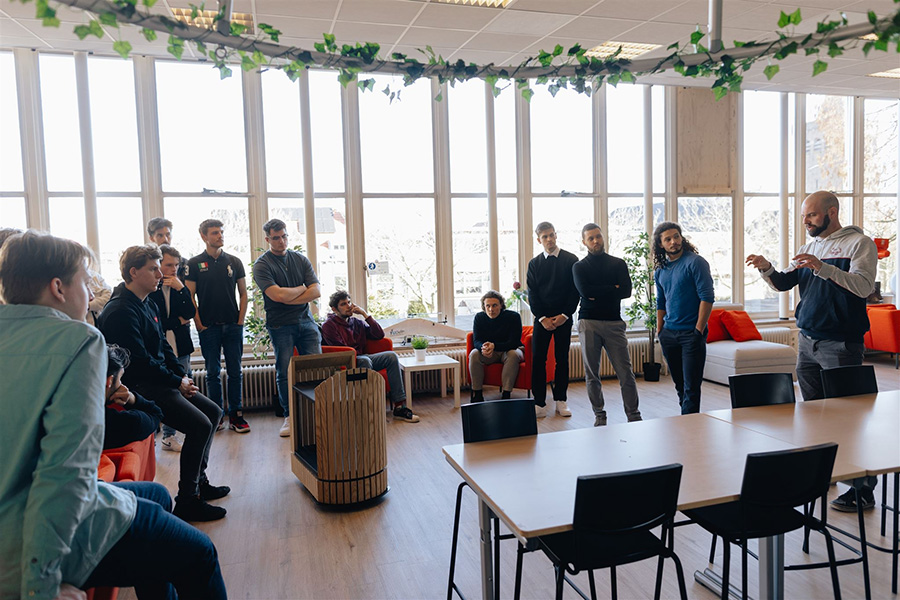
Housekeeping
Besides the restaurant project, Koerten also looked at the use of technology for housekeeping. "This part of hotel work is often overlooked when it comes to innovation, while the physical strain on employees is high," Koerten believes. Together with his students, he developed tools such as a prototype that helps make beds. This prototype significantly reduced the physical load of housekeeping staff. "It was about creating a system that supports staff in back-of-house tasks," Koerten clarifies.
New ideas
As a researcher at Hotelschool The Hague, Koerten works closely with students and partners such as RoboHouse, which in turn collaborates with other sectors, including Erasmus MC, to integrate robots into practical applications. He sees Hotelschool The Hague's role as leading this research. In the near future, Koerten hopes to develop new prototypes for hotels, focusing even more on improving the working experience of employees. "The aim is not to replace people, but to use technology in such a way that the work becomes more attractive. By applying technology smartly, we can improve working conditions and reduce workload, which has a positive impact on employee satisfaction and overall efficiency in the hospitality sector," Koerten said.
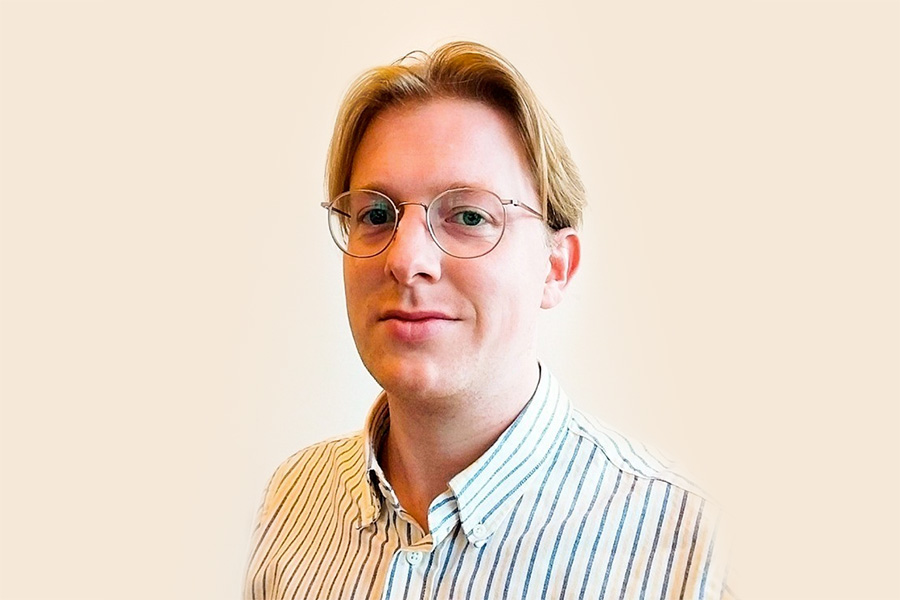
Supporting
For while Koerten is open to a wide range of applications, he stresses that robots should be primarily supportive. "Our industry is already hugely focused on efficiency, but we need to use technology to make the workplace more attractive," he concludes. This means that technology must be designed to contribute to a positive working environment, without losing sight of the human factor. Using robots as an addition to the existing workforce can help ensure that employees feel less burdened by repetitive tasks and can focus more on hospitality and personal service, aspects that are essential in the hospitality sector. In doing so, Koerten is well aware of the fact that there are still a lot of tasks "that we currently have no idea how long it will take before they are automated one day."
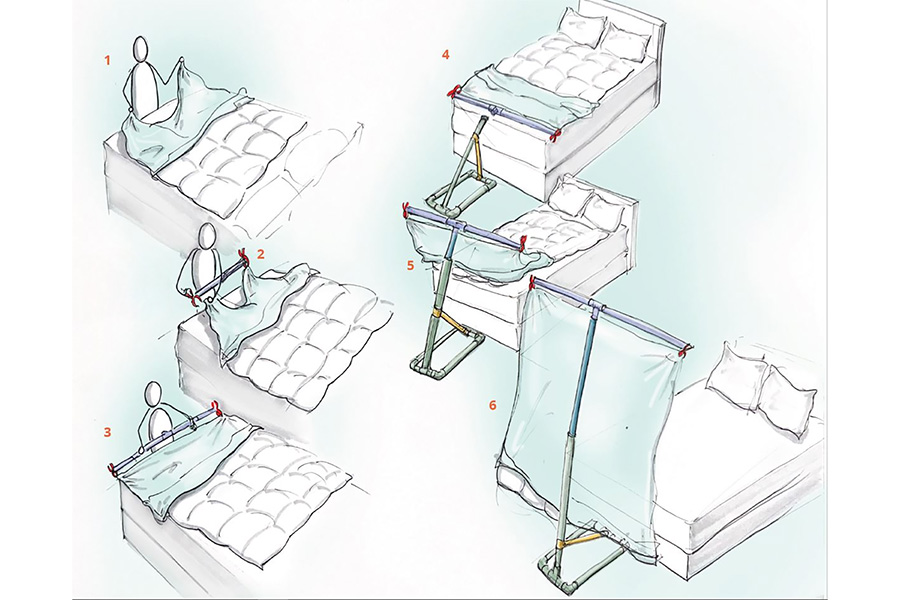
Cultural differences
Interestingly, during his work, Koerten noticed how cultural differences play a role in the acceptance of robots. Whereas robots in Asian countries are often seen as fully-fledged 'employees', people in the West are often still suspicious and treat robots as sentient machines. "This cultural difference makes it a challenge to introduce robots in the European hospitality sector without making employees or guests feel uncomfortable," Koerten says. "The research at Hotelschool The Hague is intended to be an important step in closing the gap between robotics research and hospitality research. When robotics and hospitality researchers join forces, new aspects of hospitality robotics can be explored that were previously unknown. If properly designed, these solutions can contribute to more efficient hotel management, more consistent quality, more interesting jobs for hotel employees and more hospitable experiences for hotel guests.
